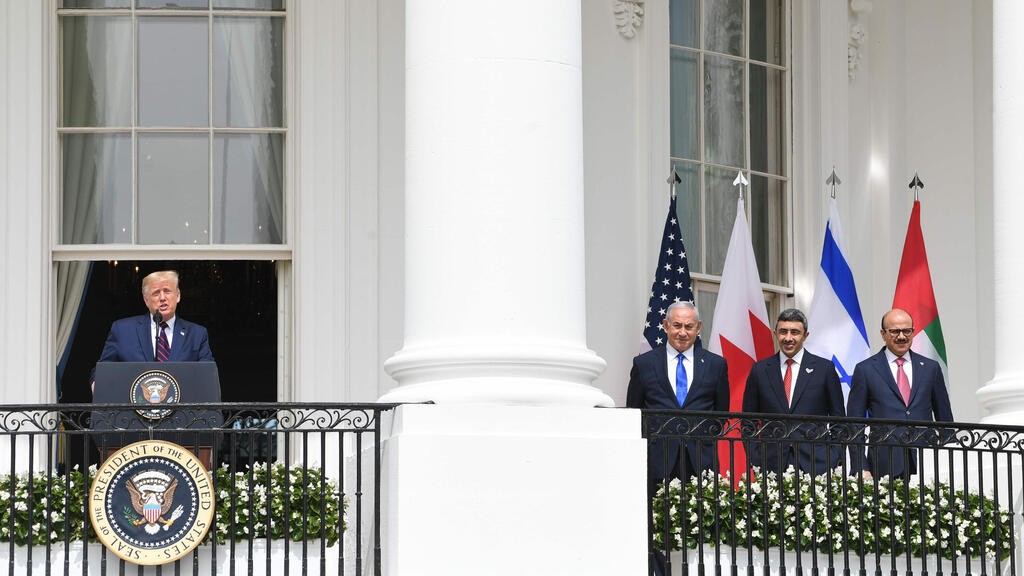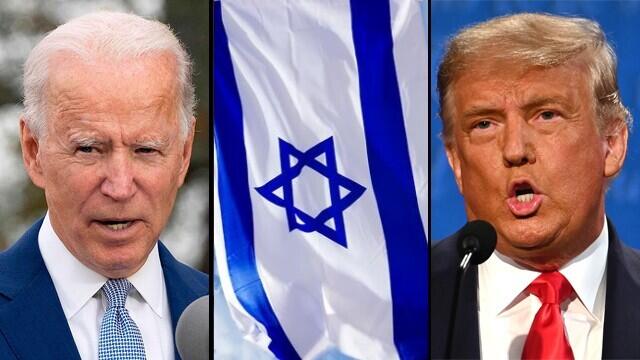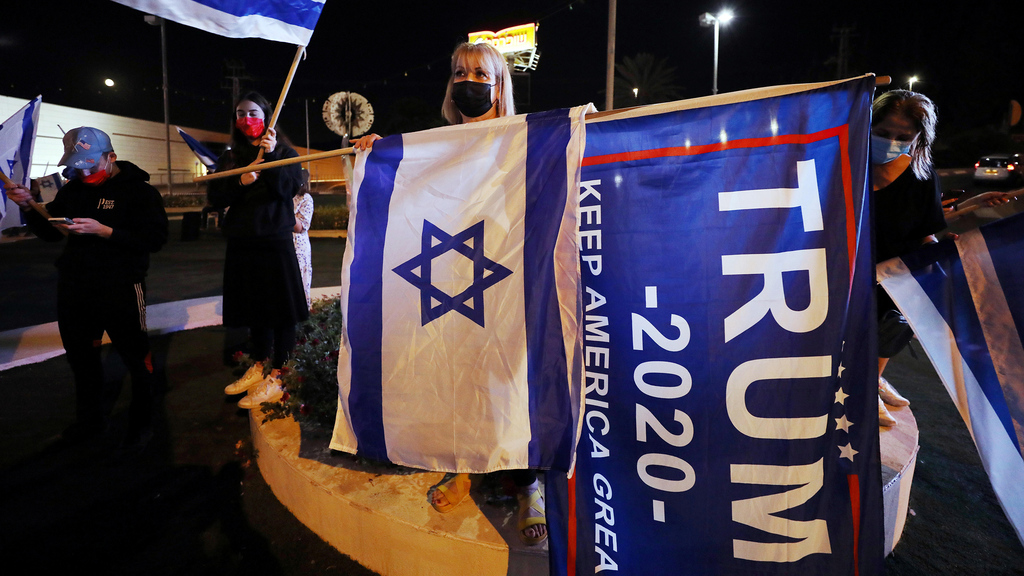Getting your Trinity Audio player ready...
In recent months, thanks to the seemingly unending pandemic, and the very real possibility that U.S. President Donald Trump will not get a second term in the White House, the Middle East has entered a transitory stage.
Washington, like various Middle Eastern capitals, has come to the conclusion that loose ends must be tied, historic agreements must be finalized and facts must be set in stone, before the next U.S. administration is elected. It's now or never.
This can be seen in the re-imposition of international sanctions on Iran, with the aim of making it difficult for a democratic administration to return to the nuclear deal, which Trump withdrew from in 2018.
This has also been reflected in the Abraham Accords agreement between Israel, the UAE and Bahrain - which saw the Gulf states sign agreements with Israel in return for a swag bag full of Lockheed Martin F-35 fighter jets for the Emirates - and also in the recent negotiations between Israel and Lebanon on their joint maritime border.
But something has changed over the last week. It seems everyone has stopped whatever it was they were doing, and is now waiting with bated breath.
Even those who gained the most from Trump's four years in the White House - Israel, Saudi Arabia, the UAE and Egypt - have decided it is better to take a step back and not burn any more unnecessary bridges with the Democrats.
4 View gallery


Donald Trump speaks at the White House ceremony marking peace and normalization deals between Israel and the UAE and Bahrain
(Photo: AFP)
The Saudis are even considering an end to their cold war with and economic siege of Qatar in order to better prepare for the day after the U.S. elections.
There are three distinct groups of nations currently on alert in the Middle East: The diehard Trump supporters, those who maintained neutrality, and those who can't wait until Joe Biden moves into the Oval Office.
Israel is the secretary of the diehard Trump fan club, with at least half of its population (including some on the left) supporting the president, according to a poll by the Israel Democracy Institute.
The pro-Trump camp also includes the Emirates, Saudi Arabia and Egypt, though their populations are less enthusiastic about the current administration and some even favor Biden. If Trump is reelected, they expect their geopolitical standing to continue to improve in strength.
The most prominent members of the neutral camp are Qatar and Jordan. Both have maintained good relations with the Trump administration, but have also elected to maintain some distance from it - as evident in their reluctance to adopt the Trump plan for Mideast peace.
By not aligning themselves too closely with the current administration over the past four years, they have guaranteed themselves a high level of wiggle room in post-election Washington.
The third group comprises of Iran and the Palestinian Authority, who vehemently despise the Trump administration.
Palestinian President Mahmoud Abbas clung to his policy of waiting Trump out, while Iran has suffered financial devastation under Trump’s "maximum pressure" policy.
4 View gallery


Palestinians burn pictures of Prime Minister Benjamin Netanyahu and U.S. President Donald Trump after the announcement of the Trump peace plan in January
(Photo: EPA)
Tuesday's elections are a critical moment in the history of the United States, but they are no less important for our region.
Trump was very good for Israel, chances are Biden won’t be as nurturing and amicable. Jerusalem would have to navigate in a new administration in order to advance its interests and adopt a less confrontational approach, especially on Iran in a manner that would not highlight Israel's weakness.
We can only hope that Biden has learned that clashing endlessly with Israel, as Barack Obama did, will lead to nothing but headaches for both sides.



